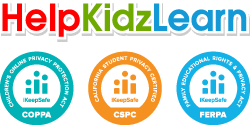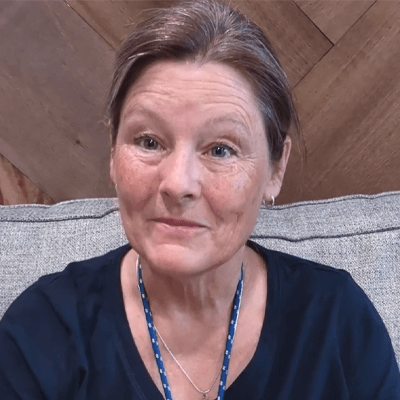
A Family's Journey of Overcoming Communication Challenges.
Discover how HelpKidzLearn transformed the life of Alex, a young man with complex needs. After years of struggling to find a suitable communication method, his family found a breakthrough with eye-gaze technology and HelpKidzLearn's engaging software.
Discovering Alex’s voice.
This story focuses on the resilience and determination of one family to find a way forward for their son to communicate in a way that’s right for him. It tells the remarkable story of Betsy Cohick and her son Alex from Pennsylvania USA. Betsy who is married with four children is an Occupational Therapist who works with preschool early intervention, mainly for children with autism. Her oldest son 34-year-old, Alex, has Phelan-McDermid Syndrome (PMS), Autism, intellectual disability, ADHD and Pica - which means eating non-foods. For many years, Alex struggled to engage with any form of communication system. It wasn't until his late twenties that they found a breakthrough.
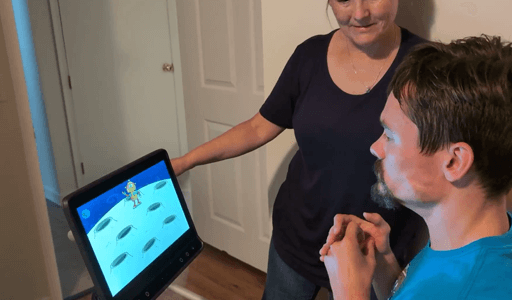
Alex’s story.
Over the years, Betsy tried various methods to help Alex communicate, including signing and PECS, which teaches communication through pictures. Although Alex managed to learn a few signs during his childhood, he lost the ability to sign around the age of four or five. Betsy explained that PECS also proved challenging, as Alex would often put the symbols in his mouth, making it unsafe. They also tried using an iPad to encourage him to point to pictures, but he showed no interest. “He can move and steal your soda or sandwich as quick as lightning, but he wouldn’t interact with any form of communication system. Nothing seemed to work.” Finding an effective communication method for Alex had always been a struggle.
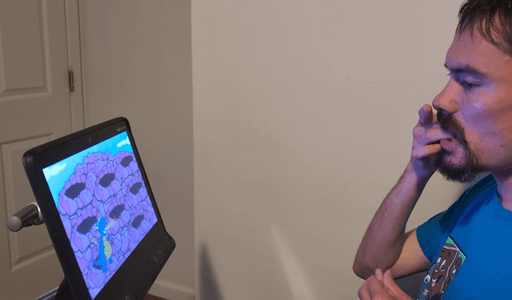
Exploring eye-gaze technology.
In 2017, when Alex was 27, eye-gaze technology began gaining popularity, so they decided to explore this option. At the time, they were uncertain if it would be suitable for Alex. “We don’t know what he understands. It’s like living with someone who speaks a different language without any intention to communicate with us.” Given the high cost of eye-gaze technology, they hesitated to purchase it until they were confident it was the right choice. Fortunately, they were able to trial a device through a US supplier, who provided software to assess whether Alex could use eye-gaze for communication. However, this trial did not go well. “Alex is very hyper; he likes to jump around and showed no interest in the US software at that time,” Betsy explained.
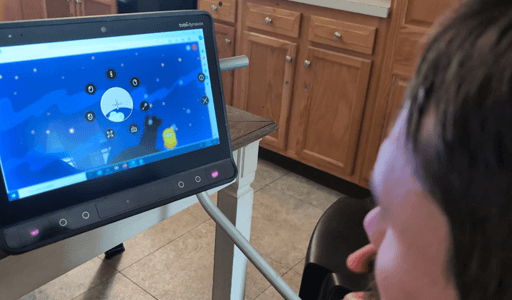
A breakthrough with HelpKidzLearn.
Betsy then discovered HelpKidzLearn products, noting that the software’s music, motion, colour contrast, and cartoon style captured his attention. “The US software just wasn’t as engaging as the UK HelpKidzLearn Games and Activities and Insight software.” Betsy believes HelpKidzLearn Insight has been instrumental in understanding Alex’s needs by being able to track Alex’s progress with eye-gaze technology. “It’s challenging when you’re holding two objects and trying to determine which one he’s actually looking at,” Betsy explained. “Insight provides us with that clarity. It confirms that he is making progress in various areas.” She continued, “This data is crucial because sometimes progress comes in very small increments, and you don’t notice it unless you have concrete evidence to support it.”

Paving the way for insurance approval.
Betsy praised the value of the information provided by Insight. They used this to approach Alex’s insurance and advocate for eye-gaze communication as a viable option for him. “We showed them the data, and it helped us make the case for eye-gaze technology,” she said. Based on the reports from HelpKidzLearn Insight and evaluations from Alex’s speech therapist, they were able to purchase Alex’s first communication device. Betsy also mentioned that they bought the Inclusive computer system through Inclusive Technology, along with the inclusive eye-gaze learning curve, which they still use today. Since the software is installed on Alex’s device, he can use it anywhere. Alex has recently upgraded to a new device, which now allows a direct link to all the HelpKidzLearn programs. This has given Alex the independence to ask for an activity himself. “Alex still needs a little help with some of the steps, but we now know he wants to do this particular type of game.”

Discovering Inclusive Stories.
Betsy is really excited about Alex’s reaction to Inclusive Stories. “Alex now really enjoys someone reading a story to him. Previously, he’s been disappointed when attending his day program when he didn’t have access to a book at home he wanted. Inclusive Stories means his favourite books are always with him on his device.” Betsy continued “I’m just so excited that he likes it and that it’s something new he can do.”
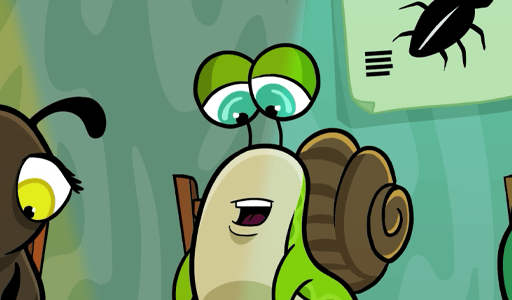
Engaging with Games & Activities.
Alex also has a love for Games & Activities, particularly the games ‘Splat’ and ‘Gophers. Betsy is encouraged by Alex’s ability to pick up the new games quite quickly and how engaged he is, for example when playing ‘Balloon Blast’ for the first time, he quickly picked up how to target the balloons to make them pop.
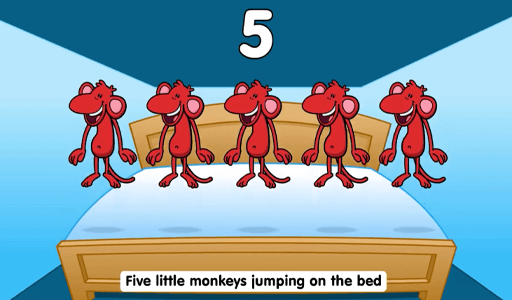
It’s never too late to learn.
Betsy commented “It can be hard to find suitable software for children with disabilities, especially finding something they like. I think this is the best out there from what I’ve found. Alex likes cartoons and music so it aligns nicely with his interests and needs.” She added, “they used to say that, you make the best progress when you’re little at preschool age. But we found that Alex has made the most progress in his 20’s and 30’s it’s never too late”. Alex has experienced regression with his disability, but he has also made gains with communication by accessing HelpKidzLearn with eye gaze technology.
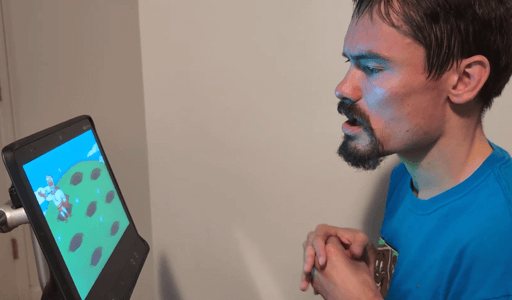


The impact of effective communication.
HelpKidzLearn has really helped Alex develop his communication skills, leading to a reduction in his behaviours. Staff and family members ask Alex what he wants to do. “He can bring up his games, he can bring up the stories, he can bring up his snacks, he can ask for his basic needs, and that helps to reduce behaviours. That’s been a massive step.”
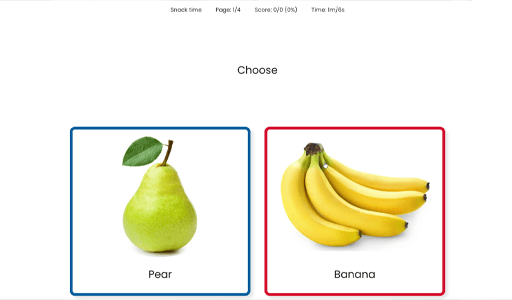


If you’d like to see what HelpKidzLearn can do for your child, sign-up for a FREE trial.
Related case studies.

Games & Activities
"If I was asked the question 'if I could only choose one software program, what would it be?', I would choose HelpKidzLearn. As a Lekotek Leader, I would have no trouble finding activities on HelpKidzLearn Games and Activities that match the needs of the children who attend Lekotek. I value the extensive range of activities available within HelpKidzLearn." LekotekLekotek of Georgia, US.
LekotekLekotek of Georgia, US.
ChooseIt Maker and Games and Activities
“The fact HelpKidzLearn works with many access technologies is a key reason for using it. The user-friendly nature of HelpKidzLearn is another big plus - staff find it simple to adjust access settings for each child”.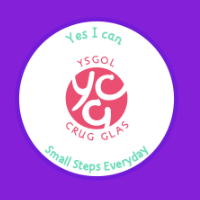 Ysgol Crug GlasSwansea, Wales, UK.
Ysgol Crug GlasSwansea, Wales, UK.
Games & Activities
"HelpKidzLearn stands out. Traditional programs struggle to cater to their students' specific needs, particularly fine motor skills and waiting skills. HelpKidzLearn Games and Activities is something we’ve used all the way through; it doesn’t really compare to anything else that we’ve found."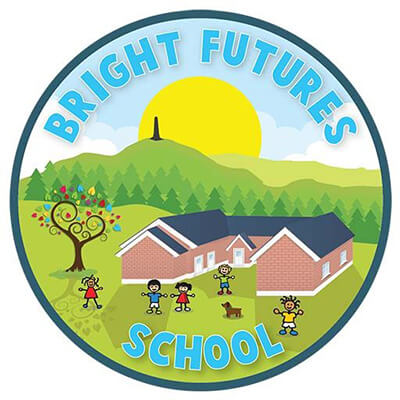 Bright Futures SchoolOldham, England
Bright Futures SchoolOldham, England
